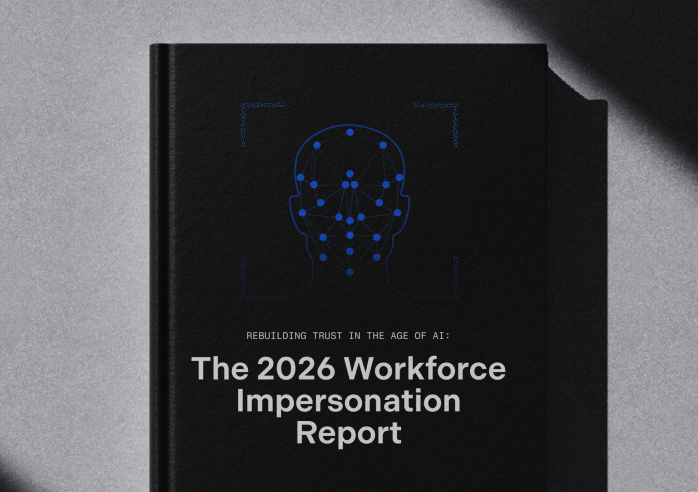With RSA 2022 coming to a close this year, it’s often good to look back and recognize technology trends, and more importantly how those trends are reflective of the real life problems that organizations and customers face.
At Nametag, we believe Identity is foundational to cybersecurity.
Authenticating people, the right people, and not simply a person’s device, is the key to creating a digital world with greater trust, privacy, and security. Yet, if you were to walk the floor of RSA you would find yourself hard pressed to see this wildly important attack vector be reflected in solutions at the expo or in the listed presentations.
Missing "Identity" in Digital Identity and Authentication
Out of over two hundred and fifty sessions taking place at RSA 2022, 14 of those were classified under “Identity”. Of those 14 sessions, a paltry single session was related to identity, focusing primarily on Biometrics, Account Recovery and Fraud in Customer Support. This is a spot on use case for where Identity needs to be taken seriously by the industry to better protect customers - but why was it the only session to be found?

Other sessions relating to hackers and threats, risk management and technology infrastructure numbered well over 60. If RSA is going to be billed as the “World’s Largest Cyber Security Event”, we’ve been left scratching our heads trying to understand just how Identity - in all its iterations and applications to our everyday lives - is left dangerously under-represented?
It's True - Identity is Hard
Identity remains an area of disjointed methods and technologies, and often a criticism of RSA is that this understanding of nuance regarding the various companies in attendance can be lost in the overwhelming scope of the event. Some companies or presenters in this space are often paying lip service to cyber security and fraud prevention without being transparent about the limits of each technology.
At Nametag, we’ve taken the benefits of each of these various methods of digital identity and authentication being careful to unite them in a more secure way to bring trust and security to people’s digital lives. We call this proliferation of technologies Multi-Factor Identity. Our technology is designed to streamline your authentication processes, while giving your business and customers the speed and security they desperately need.

RSA 2023 and Beyond
As events begin to take place again after the past few years, the need to understand identity seems to be obvious to many, and what we’re seeing instead are huge other gatherings with a specific focus on Identity and Authentication. In order to resolve this identity crisis taking hold of the security industry, more large conference events need to follow this example and think hard about how fraud and identity threat vectors need to be made more understandable, hopefully by relating the problems directly back to their businesses and the day to day use of their platforms and accounts by their customers. If this can be accomplished, RSA and any gathering by security professionals and companies in the security world will overcome a major hurdle to living in a world with a more secure, and more trusted digital existence.
Need to step up your security? Customer experience is no longer a compromise.



